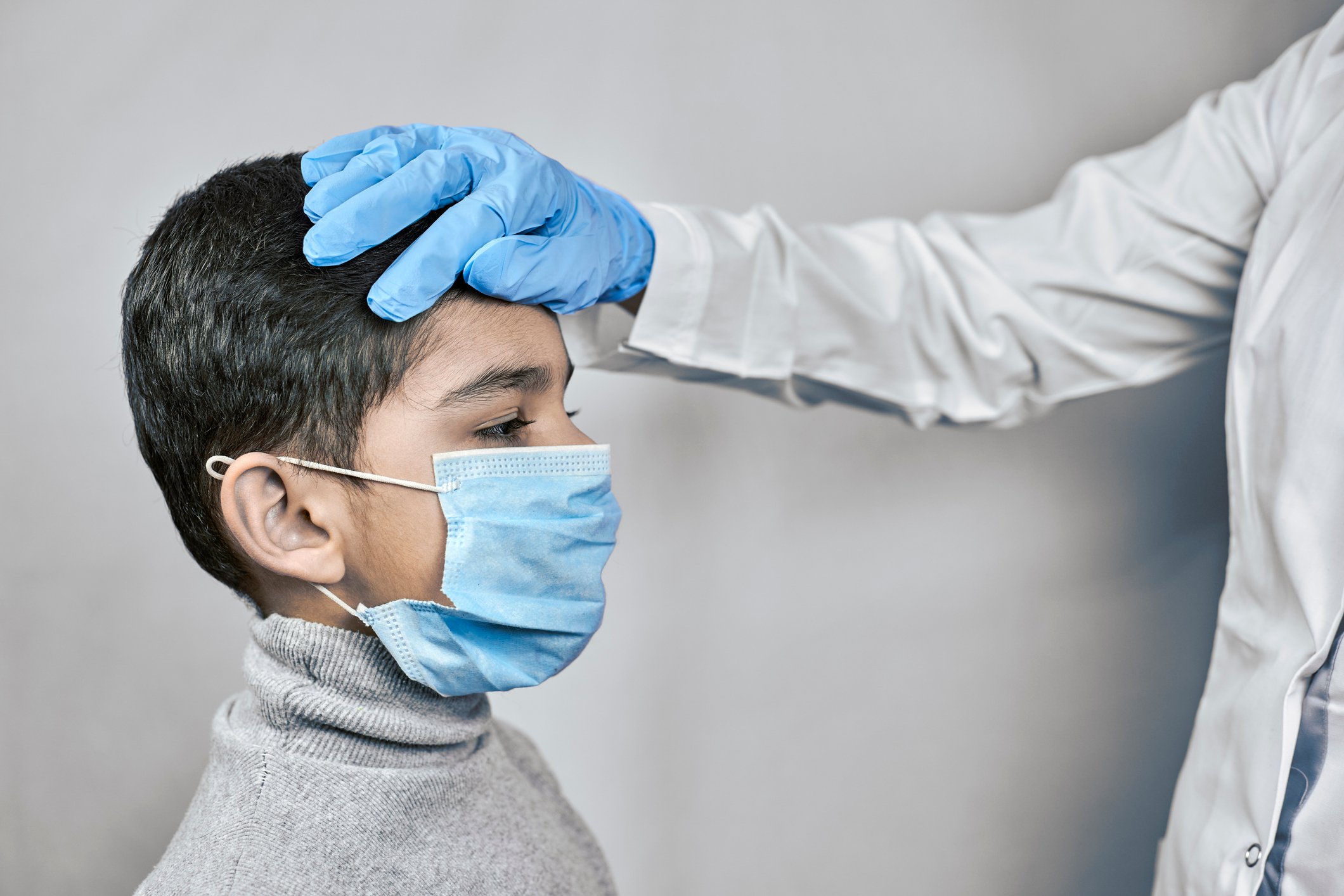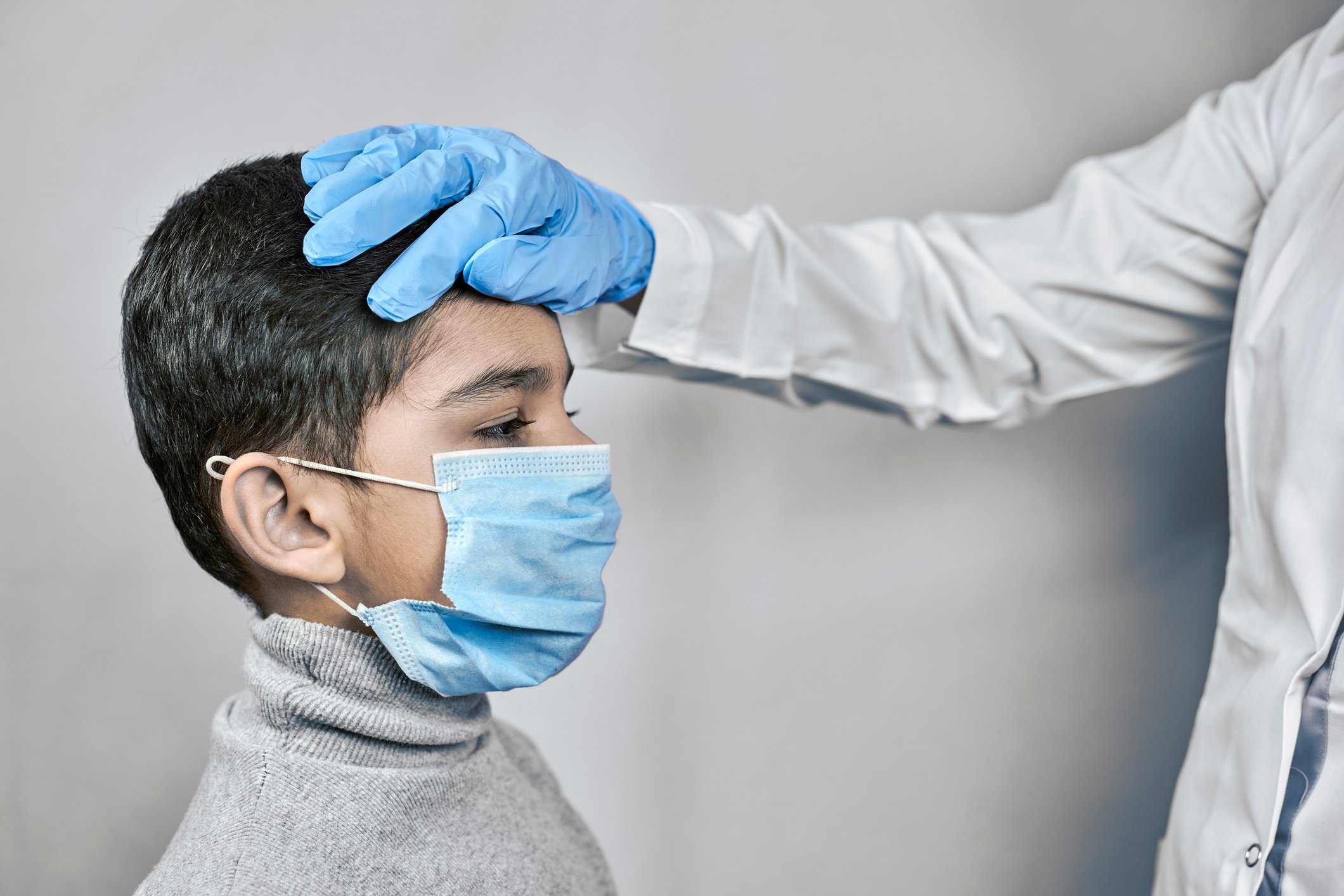 School Nurses have become the main point of contact for any and all things COVID-19 related. They are a key component in making sure schools stay open.
School Nurses have become the main point of contact for any and all things COVID-19 related. They are a key component in making sure schools stay open.
The American Academy of Pediatrics (AAP) recommends that every school have a Nurse on site.
But, according to the National Association of School Nurses, before the pandemic, a quarter of American schools did not have a Nurse.
Now states are scrambling to hire School Nurses as students go back to school.
“Most school Nurses are the only health care experts in their school community able to understand infection control and do disease surveillance,” said Linda Mendonca, president-elect of the National Association of School Nurses (NASN). “But not every school has a Nurse who’s going to look after the children and staff. You need that expertise as a resource to safely reopen schools.”
COVID has made the role of a school Nurse even more complex, adding many challenges and new responsibilities for keeping children and staff safe.
They're responsible for complying with applicable federal, state, and local laws, regulations, ordinances, executive orders, policies, and any other applicable sources of authority, including any applicable standards of practice.
Nurses will also have to create plans for how high-risk students will return to school. They'll also help with screening protocols, creating safe classroom setups, hand washing and sanitation stations, and PPE distribution.
The school Nurse should collect and share school data in compliance with state and federal confidentiality regulations.
Once a coronavirus case is identified, school Nurses and local public health officials will work together to determine which students or staff might have been exposed to the infected person.
Face masks will be one of the main ways of limiting the spread of the virus in schools this fall. However, with younger students there's a risk of children trading masks or not keeping them on.
Social distancing is another key factor in keeping everyone safe, NASN guidelines suggest, staggered start times, small group and outdoor activities, no sharing of musical instruments, and meals in classrooms.
Liz Pray, MSN-Ed, RN, NCSN, School Nurse for the Moses Lake School District in Washington State and President of the School Nurse Organization of Washington said, "If I could offer any words for nurses feeling overwhelmed, I would encourage them to allow themselves and others a little grace. Everyone is struggling. Tempers are short, people are on edge and it’s been very difficult for students, parents and team members to adjust to these changes. Remember to take a step back, take a deep breath and take care of yourself."







